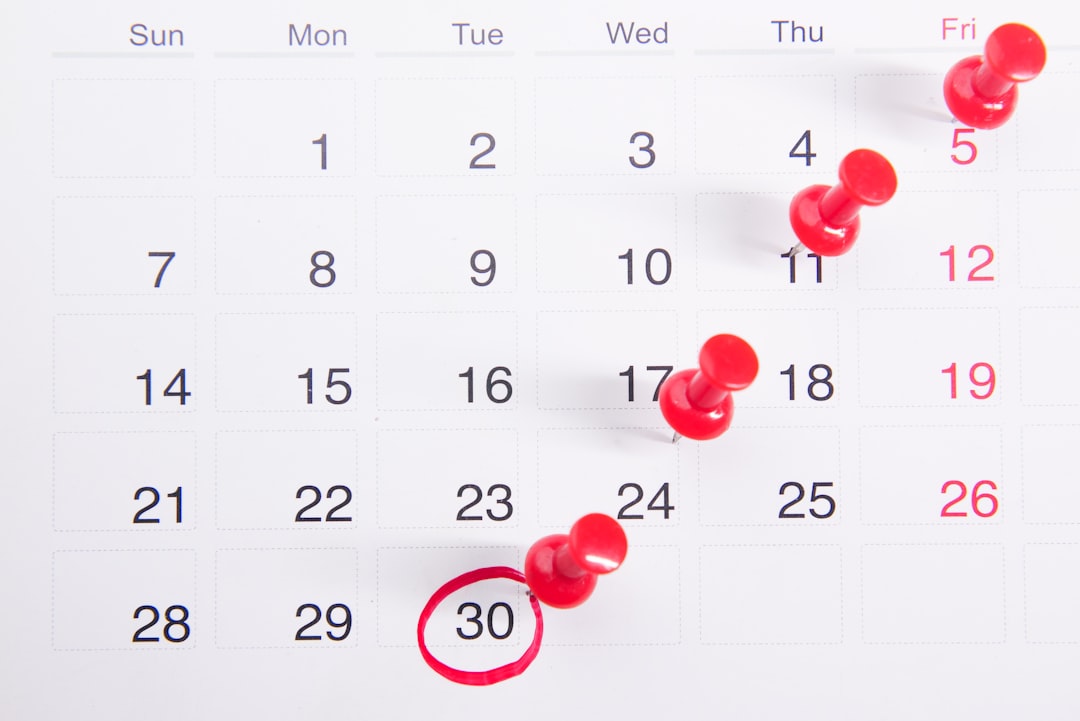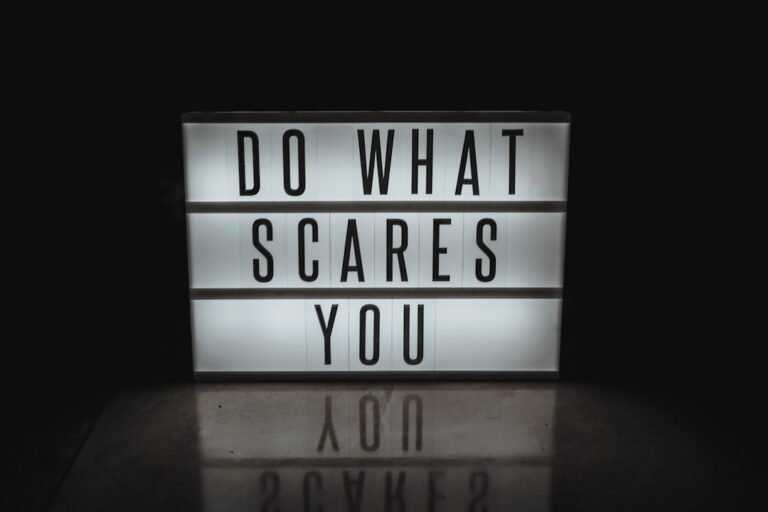
Ever felt that stomach-drop moment when a deadline is staring you down and you're nowhere near ready?
I know that feeling all too well. The late-night panic. The frantic scramble to finish. The guilt of letting someone down. For years, I was the king of procrastination. Deadlines felt more like suggestions than hard stops. My life was a cycle of avoiding responsibility, whether through endless hours of gaming or other unhealthy habits.
But I learned something important on my journey to a better life. The people who always seem to have it together, who never miss a deadline, aren't superhuman. They don’t have more hours in the day. They just have better habits.
These aren't complicated, life-altering secrets. They are small, simple actions, done consistently, that make all the difference. Here are the 10 habits I’ve learned from them and started building in my own life.
They Plan Before They Panic
People who hit deadlines don’t wake up and wonder what they should do. They already know. At the start of the week or even the night before, they take just 10-15 minutes to look at what’s ahead. They identify the big tasks and map out a rough plan. This isn't about creating a rigid, hour-by-hour schedule. It’s about creating a simple roadmap so you’re not driving blind. When you know where you’re going, you’re less likely to take a detour into a social media rabbit hole.
They Break It Down
A huge project with a deadline a month away can feel paralyzing. Where do you even start? The people who succeed don’t look at the whole mountain. They just look at the first step. They break down that massive project into tiny, manageable tasks. "Write a 10-page report" becomes a list of small to-dos:
- Research topic A.
- Outline the introduction.
- Write the first paragraph.
- Find three supporting statistics.
Each small task is easy to start and quick to finish. This builds momentum and makes the entire project feel less intimidating.
They Eat the Frog First
There’s always one task on your list you dread. It’s the hardest, most annoying, or most complicated one. It’s the "frog." Procrastinators will do anything to avoid it. We’ll clean our desks, answer old emails, or organize our files.
I used to do this with my life. For years, my 'frog' wasn't a work task; it was facing my own unhealthy habits. I would escape into video games for hours to avoid the real work of getting my life in order. It was my ultimate avoidance tactic.
The most effective people do the opposite. They tackle that hard task first thing in the morning. Get it over with. The rest of the day feels easy in comparison. This single habit builds incredible discipline and frees up so much mental energy.
They Create a "No-Fly Zone" for Distractions
When it’s time to work, they work. They don't just hope for focus; they design an environment for it. This means putting the phone in another room or turning it on silent. It means closing unnecessary browser tabs. It means letting family or roommates know you need an hour of uninterrupted time.
I’ve found my most productive time comes in short, focused bursts of 2-4 hours. In that window, I am fully engaged. No phone. No distractions. The work I get done in that focused time is more than I could ever accomplish in an 8-hour day of constant interruptions.
They Master the Art of the "Mini-Deadline"
Instead of having one final deadline, they create a series of smaller, personal deadlines along the way. If a project is due on Friday, they’ll set a goal to have the first draft done by Tuesday and the final review done by Thursday morning. These mini-deadlines keep the pressure gentle and consistent. They prevent the last-minute panic because the work is spread out over time.
They Build in a Buffer
Life happens. A client calls with an urgent request. Your child gets sick. Your internet goes out. People who never miss deadlines know this, so they plan for it. They don’t schedule their work to be finished at 4:59 PM on the day it’s due. They aim to finish a day or at least a few hours early. This buffer zone is a lifesaver. It absorbs unexpected problems without causing a crisis. It’s the difference between stress and peace.
They Communicate Clearly and Early
When they feel like they might fall behind, they don't hide in shame. They communicate. They let their boss, client, or team know what’s going on as early as possible. A simple message like, “I’ve run into an unexpected issue with X, and it might delay me by a few hours. I’m working on it now and will keep you updated” is a sign of professionalism, not failure. Hiding a problem only makes it worse.
They Know Their "Why"
This might be the most important habit of all. Hitting a deadline is much easier when the work has meaning beyond just checking a box. For me, my Christian Orthodox faith is my anchor. It gives my work purpose. It’s not just about earning a living or hitting a deadline; it’s about being a reliable person. It's about using the gifts God gave me to serve others well and with integrity. When your work is connected to something bigger than yourself, you find a deeper source of motivation that pushes you through the hard days.
They Celebrate the Small Wins
When I was on my journey to losing over 110 pounds, I didn't just focus on the final goal. That would have been too overwhelming. Instead, I celebrated losing the first five pounds. Then the first ten. Each small victory gave me the fuel to keep going.
The same applies to work. When you finish a difficult task or hit a mini-deadline, take a moment to acknowledge it. You don’t need a huge celebration. Just a simple mental pat on the back, a short walk outside, or a cup of your favorite coffee. This practice reinforces good habits and makes the process enjoyable.
They Rest Intentionally
Our culture often glorifies "the grind" and non-stop hustle. But the most productive people I know are also the best at resting. They understand that you can’t pour from an empty cup. They protect their sleep. They take real breaks. They have hobbies and relationships outside of work. Rest isn’t laziness; it’s a strategic part of being effective. God Himself rested. It’s essential for long-term consistency and avoiding burnout.
It all comes down to this: you don’t have to be a productivity genius to be someone who is reliable and on time. You just have to be intentional.
So, let me ask you. What’s one small habit you can try this week? Just one. Don’t try to do all ten at once. Pick the one that speaks to you the most and give it a real try. You might be surprised at the difference it makes.





